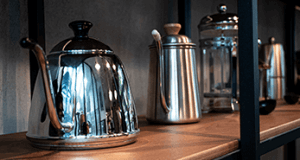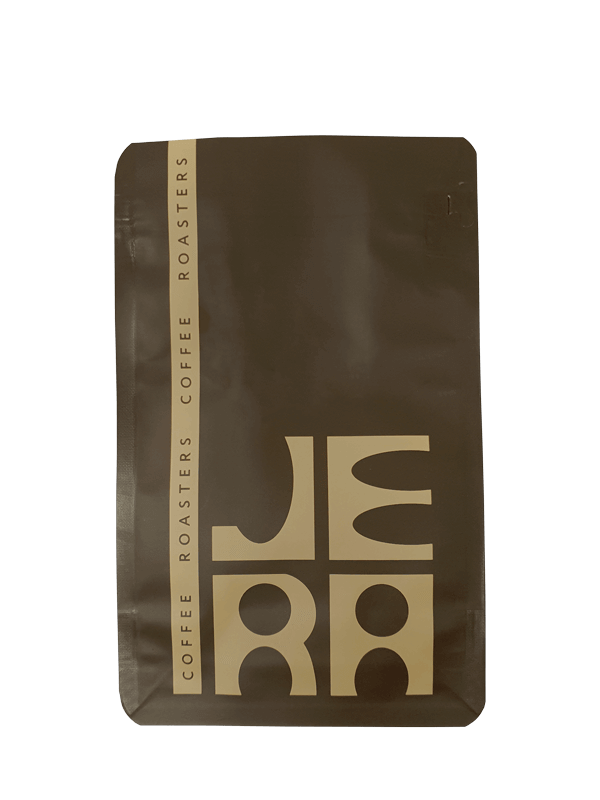בורונדי | Kayanza, Yandaro
קפה קלוי בורונדי
מורכב ונקי, עם חמיצות טובה של רימונים ותפוח ירוק. קצת מזכיר קפה קנייתי בפרופיל הטעם. קלייה בהירה, מצוינת להכנת קפה פילטר.
₪50.00 – ₪200.00
ברכישת כל סוגי קפה קלוי בסכום:
בין 600 ש"ח ל-1000 ש"ח עם קוד קופון "10%" תקבלו 10% הנחה
בין 1001 ש"ח ל-1500 ש"ח עם קוד קופון "20%" תקבלו 20% הנחה
מעל 1501 ש"ח עם קוד קופון "30%" תקבלו 30% הנחה
Yandaro station sits close to the border with Rwanda, in the Kayanza province. Both countries share special growing conditions in the corridor that connects the south of Rwanda to the north of Burundi. This region produces many of our favorite coffees both in Rwanda and Burundi.
The washing station is in the valley where the eponymous Yandaro river runs. The growing area around the station benefits from being close to the Kibira Rainforest. A rainforest helps maintain groundwater reserves and adequate nutrition levels in the soil for the region surrounding it. Stationed near the rainforest and a large river, Yandaro station is in a very strategic location within a high-potential coffee region.
The station serves 3,190+ local coffee producers from 22 hills around the station. The average altitude in the area is 1,800 meters above sea level. Yandaro processes more than 1,200 metric tons of coffee throughout the harvest season. The region has a mild climate with average temperatures between 18 and 25° Celsius, depending on the altitude.
The washing station participates in a number of farmer outreach and support projects including a livestock rearing project and a range of Farmer Hub projects centered on strengthening cooperatives and improving yields.
During the harvest season, all coffee is selectively hand-picked. Since most families only have a few hundred trees, harvesting is done almost entirely by the family.
Quality assurance begins as soon as farmers deliver their cherry. Cherry is wet-processed under constant supervision. All cherry is floated in small buckets as a first step to check quality. After floating, the higher quality cherry is sorted again by hand to remove all damaged, under ripe and overripe cherries.
Once sorted, cherry is pulped within 6 hours of delivery. The station’s pulper can process up to 3 tons of cherries per hour. During pulping, cherry is separated into high- and low-grade by density on a Mackinon 3-disc pulper outfitted with an additional separation disk. The coffee is then fermented for 10 to 12 hours in clean water from a nearby stream. Following fermentation, coffee is run through washing and grading canals to remove any remaining mucilage and to separate beans by density.
Parchment is transported to the drying tables where it will dry slowly for 2 to 3 weeks. Pickers go over the drying beans for damaged or defective beans that may have been missed in previous quality checks. Each table has a traceability tag with the lot info. Drying parchment is stirred regularly and any parchment with visual defects is removed.











